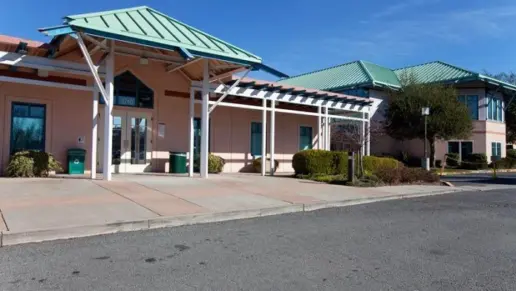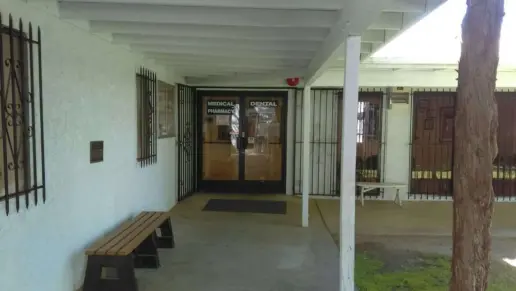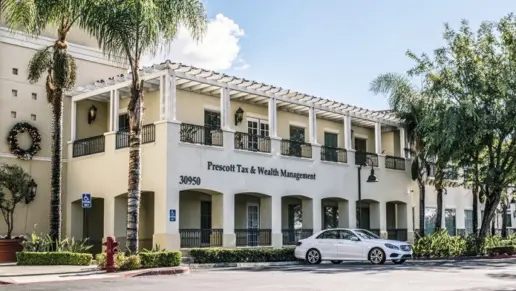About Conejo Valley Recovery Centers
Conejo Valley Recovery Centers is a sober living transitional environment located in Thousand Oaks, California. They provide a supportive and structured environment for men. You will be surrounded by like minded men. Rent is paid monthly.
Semi private rooms are available. You have your own closet space and drawers. This is an approved site for medication assisted treatment. There is a full kitchen and an entertainment room. There is an outdoor deck with hammocks and a fire pit with BBQ access. You have access to biking and hiking trails. One beach days you are able to take surfing lessons. You are also able to go skydiving.
They have three approaches to recovery. The first approach is using the 12 step recovery method. The second approach is the refugee recovery method. This method is based on Buddhist philosophy. The third approach is the SMART recovery method. It stands for self management and recovery training. They will help you figure out which method works best for you. You are also able to combine recovery methods.
Latest Reviews
Rehab Score
Gallery
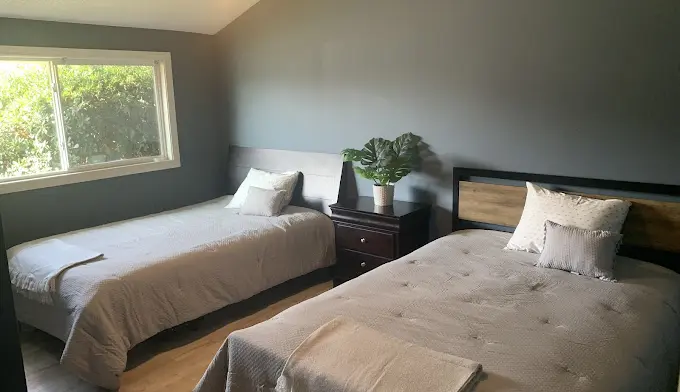
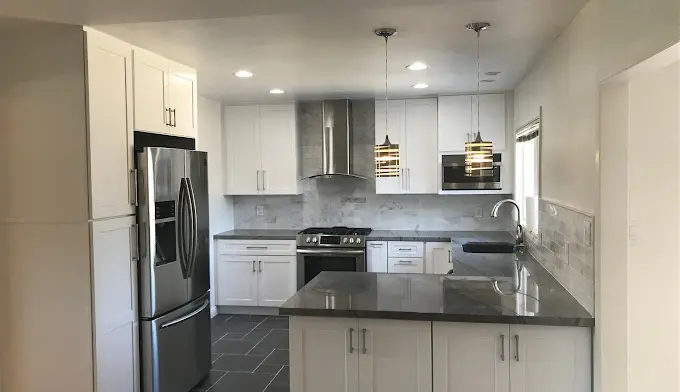
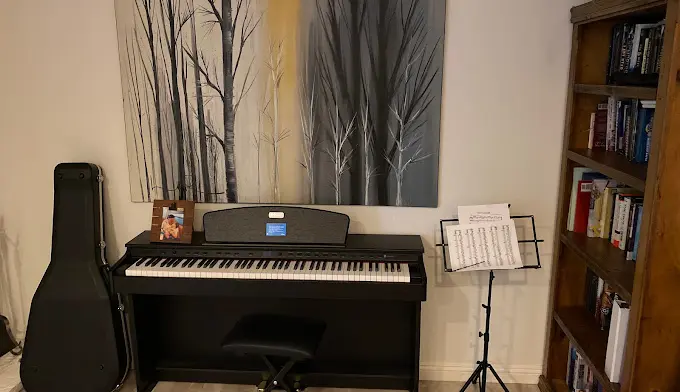
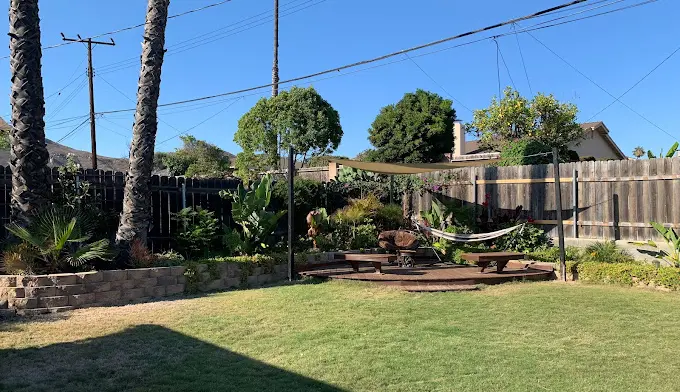
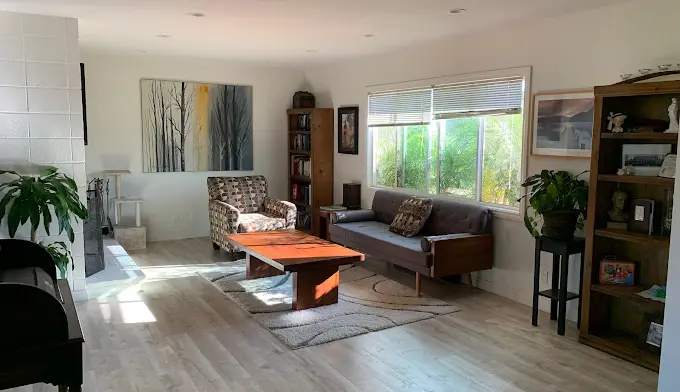
Location
Other Forms of Payment
Private insurance refers to any kind of healthcare coverage that isn't from the state or federal government. This includes individual and family plans offered by an employer or purchased from the Insurance Marketplace. Every plan will have different requirements and out of pocket costs so be sure to get the full details before you start treatment.
Self-pay involves paying for treatment out of your own pocket. You can use savings or credit, get a personal loan, or receive help from family and friends to fund your treatment. If you don't have insurance or your insurance plan doesn't cover a specific program, self-pay can help ensure you still get the care you need.
Addiction Treatments
Levels of Care
Programs


Clinical Services
Cognitive behavioral therapy in California is a method that therapists often use for the effective treatment of substance use disorders. It is based on the principle that substance abuse stems from unhelpful ways of thinking and patterns of behavior, which can be changed by helping the individual learn better ways of coping.
During group therapy, men and women learn to express their emotions openly in a non judgmental setting. This helps you process your feelings and reduces feelings of social isolation that are often associated with addiction.
Individual therapy for drug addiction includes a customized treatment plan that considers your history and life circumstances. During your therapy sessions, the therapist helps you uncover underlying issues and triggers for addictive behavior that support a holistic approach to recovery.
Family therapy offers a platform for members to have an open dialogue about the challenges that addiction has placed on the family unit. Through guided sessions, therapists can help families develop healthy communication skills and address unresolved issues. By working together toward a common goal, they help to support their loved one's sobriety.
Amenities
-
Residential Setting
-
Private Rooms
Contact Information
718 Ruth Drive
Newbury Park, CA 91320
